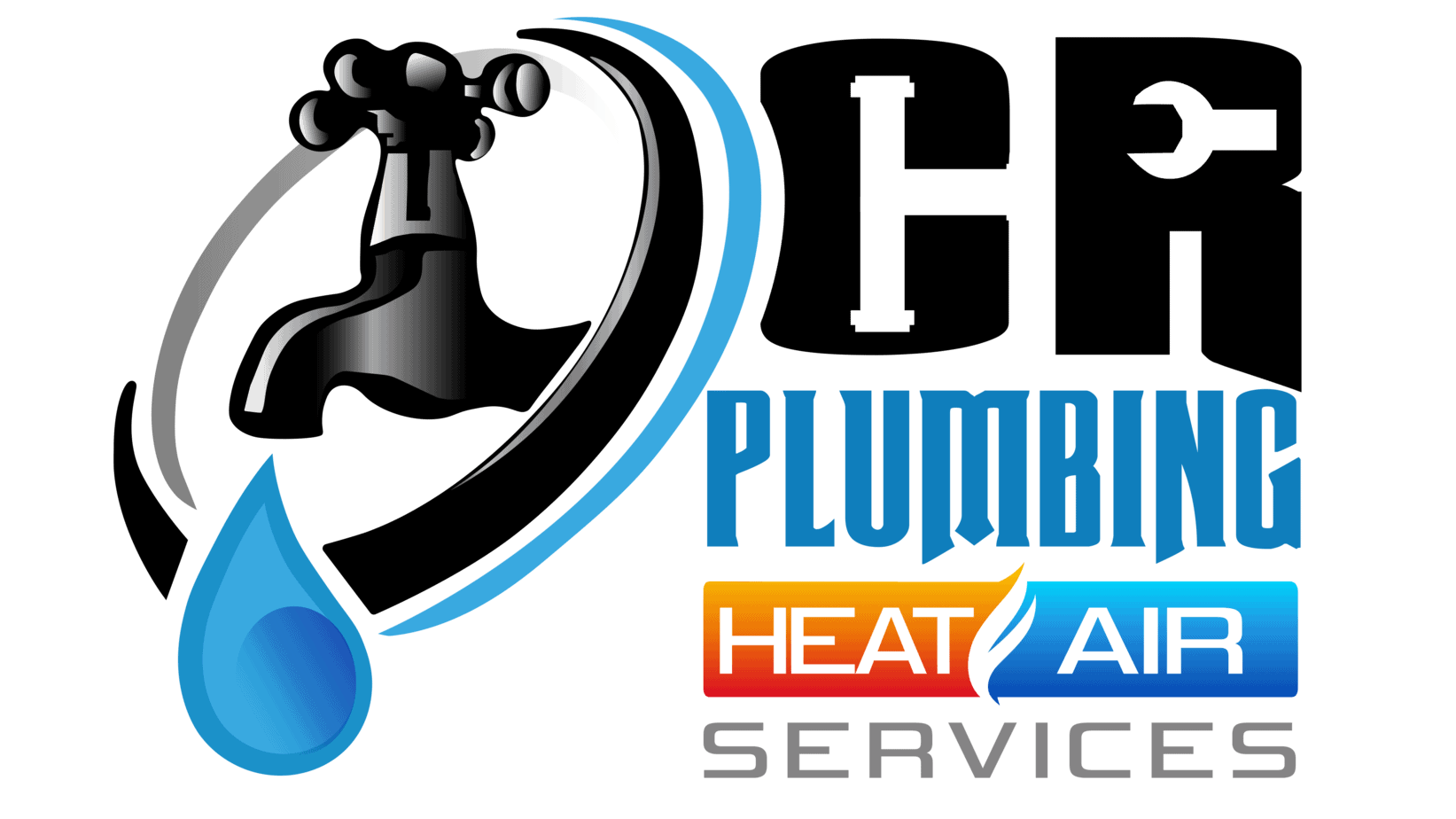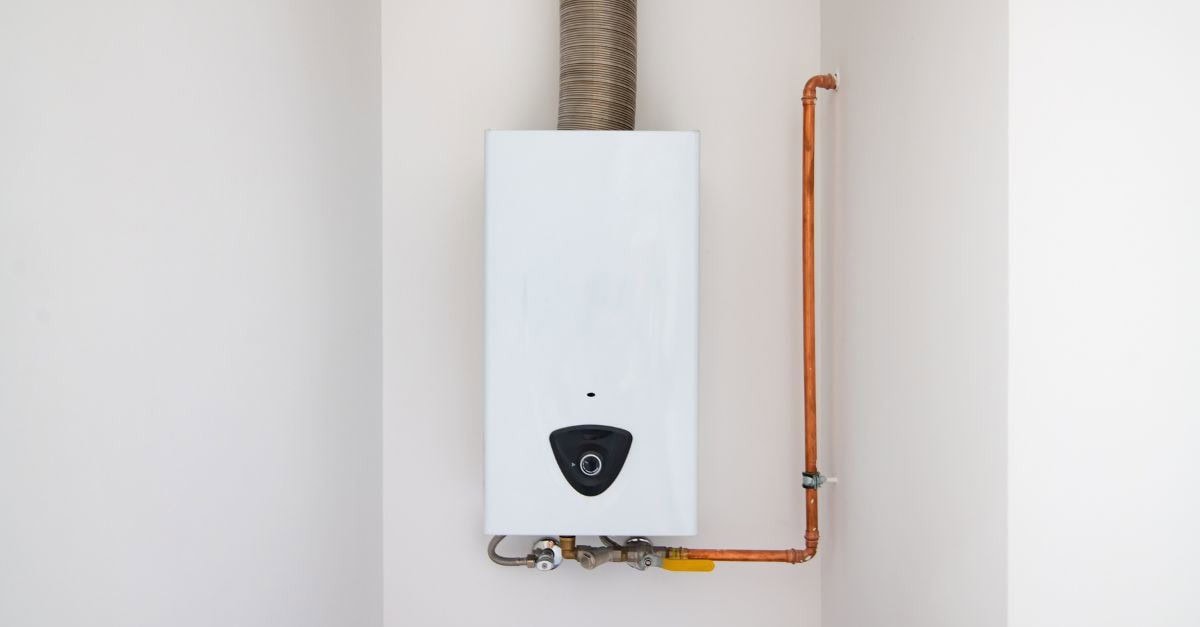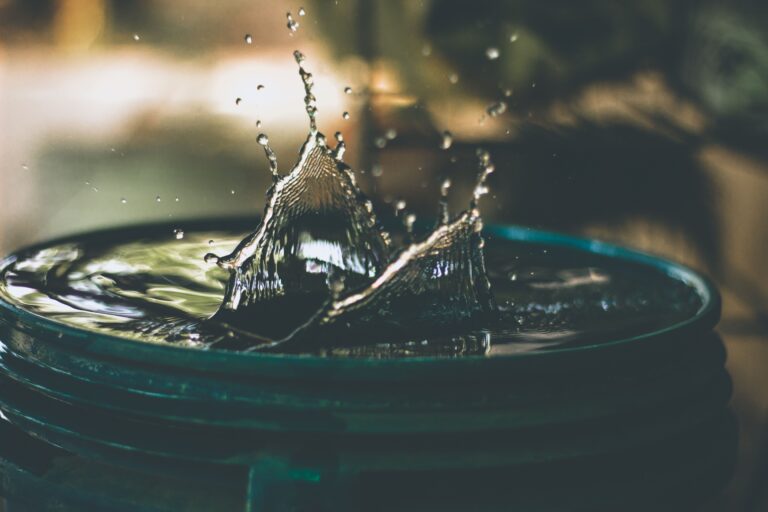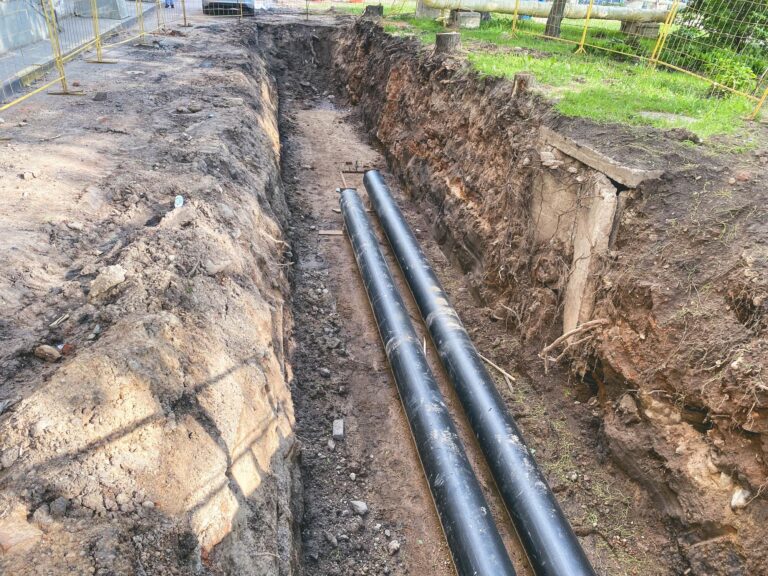Tankless Vs. Tank Water Heater: Which Should You Choose?
Initial Investment vs. Long-Term Savings
When considering a switch to a tankless water heater, the initial investment is a significant factor for many homeowners. While the upfront cost of these systems can be notably higher than traditional tank models, the long-term savings potential is a compelling counterpoint. Tankless water heaters are designed to heat water on demand, which means they don’t incur the standby energy losses associated with keeping a tank full of hot water at the ready. Over time, this efficiency translates into tangible savings on utility bills, potentially offsetting the initial expense. Homeowners need to weigh these upfront costs against the promise of reduced energy consumption and long-term financial benefits.
Impact on Monthly Energy Bills
Transitioning to a tankless water heater can have a noticeable effect on a household’s monthly energy expenses. These systems are lauded for their ability to provide hot water without the constant energy drain of maintaining a heated water reserve. For many families, this efficiency can mean a reduction in monthly utility bills, as energy is only used when hot water is needed. However, it’s important to consider the household’s typical water usage patterns, as the savings can vary. A detailed analysis of past energy bills alongside potential tankless water heater models can help predict the impact on future expenses.
Federal and State Tax Incentives
For those considering the installation of a tankless water heater, there’s good news in the form of federal and state tax incentives. The government often offers credits and rebates to encourage the adoption of energy-efficient appliances, and tankless water heaters frequently make the list. These financial incentives can significantly reduce the net cost of purchasing and installing a tankless system. It’s essential to research the latest tax credits and rebates available, as they can change from year to year. This research can be a deciding factor for homeowners on the fence about making the investment.
Compact Design and Space Benefits
The sleek, compact design of tankless water heaters is a game-changer for space utilization in the home. Unlike bulky traditional tanks that can take up considerable floor space, tankless models can be mounted on a wall, often in inconspicuous areas such as a closet or utility room. This space-saving benefit is particularly attractive for homeowners looking to maximize their living area or repurpose the space previously occupied by a large water heater. The freed-up space can be used for storage, or even as a new functional area within the home, making tankless water heaters an appealing option for those with limited space.
Installation Considerations and Requirements
Installing a tankless water heater is not a straightforward task and comes with specific requirements that must be met. Depending on the model, homeowners may need to upgrade their gas lines or electrical systems to accommodate the high-powered demands of a tankless unit. These modifications can add to the overall cost and complexity of the installation process. Additionally, proper ventilation is crucial for gas-powered models to ensure safety and compliance with local building codes. It’s important for homeowners to understand these requirements fully before committing to a tankless water heater installation.
Professional vs. DIY Installation
When it comes to installing a tankless water heater, homeowners are faced with the choice between hiring a professional or attempting a do-it-yourself (DIY) installation. While a DIY approach may seem cost-effective, the complexity of tankless water heater installations often necessitates the expertise of a professional plumber. Professional installation ensures that the system is set up correctly and adheres to local codes and safety standards. On the other hand, a DIY installation carries the risk of mistakes that can lead to poor performance, safety hazards, and potentially voiding the warranty. Homeowners must consider the pros and cons of each option carefully.
On-Demand Hot Water Supply
One of the most celebrated features of tankless water heaters is their ability to provide hot water on demand. This means that residents can enjoy a continuous supply of hot water without the wait times associated with traditional tank systems that need to refill and reheat. The on-demand nature of tankless water heaters ensures that hot water is available precisely when it’s needed, a convenience that’s especially appreciated in busy households. However, it’s important to select a unit with an appropriate flow rate to meet the specific demands of the home, ensuring that this benefit is fully realized.
Flow Rate and Simultaneous Usage Challenges
While tankless water heaters excel at providing instant hot water, they do have limitations regarding flow rate and the ability to handle multiple demands simultaneously. If several appliances or fixtures in your home require hot water at the same time, the flow rate of a tankless system may be challenged, potentially resulting in a less-than-optimal experience. It’s crucial for homeowners to consider their typical water usage patterns and choose a tankless water heater with a flow rate that can accommodate peak demand. Understanding these limitations is key to ensuring satisfaction with the system’s performance.
Lifespan and Maintenance Needs
When compared to traditional tank water heaters, tankless models generally boast a longer lifespan, often lasting up to 20 years with proper maintenance. This longevity is a significant advantage for homeowners, as it means fewer replacements over time. However, to ensure that a tankless water heater operates efficiently for as long as possible, regular maintenance is essential. This includes tasks such as descaling, especially in areas with hard water, and routine inspections. While maintenance needs may seem daunting, the extended lifespan and improved efficiency can make it a worthwhile trade-off.
Reduction in Energy Consumption
Tankless water heaters are not only beneficial for homeowners’ wallets but also for the environment. By heating water on demand, these systems significantly reduce energy consumption compared to traditional tank heaters, which constantly work to maintain a hot water supply. This reduction in energy use is a step towards a more sustainable household. As energy efficiency becomes increasingly important in the face of environmental concerns, tankless water heaters stand out as a responsible choice for eco-conscious consumers looking to minimize their carbon footprint.
Emissions and Eco-Friendly Technology
The emissions associated with tankless water heaters are typically lower than those of traditional tank models, thanks in part to their increased efficiency and advancements in technology. Many modern tankless units come equipped with eco-friendly features that further reduce their environmental impact, such as low NOx burners that minimize the release of nitrogen oxides. For homeowners who are concerned about air quality and environmental sustainability, these advancements make tankless water heaters an attractive option. As technology continues to evolve, we can expect even more improvements in emissions and eco-friendliness from these systems.
Sustainability Considerations
When evaluating the sustainability of tankless water heaters, it’s important to consider not only their operational efficiency but also the materials used in their construction and their overall environmental impact. Tankless units often use less metal and fewer resources than traditional tanks, contributing to a smaller ecological footprint. Additionally, their longer lifespan means less frequent disposal and replacement, reducing waste. For residents choosing a tankless water heater is a decision that can align with a commitment to long-term environmental stewardship and responsible resource management.
User Satisfaction and Feedback
User reviews and satisfaction levels with tankless water heaters tend to be quite positive, with many homeowners praising the convenience and efficiency of their systems. Common accolades include the endless supply of hot water, space savings, and lower utility bills. However, it’s important to acknowledge that some users report challenges with flow rates and the initial adjustment to the on-demand heating process. By summarizing a broad range of user experiences, potential buyers can gain a well-rounded understanding of what to expect from their tankless water heater and whether it aligns with their lifestyle and needs.
Reliability and Common Repairs
The reliability of tankless water heater systems is generally high, with many users reporting few issues over the lifespan of their units. Nonetheless, like any home appliance, tankless water heaters are not immune to problems. Common repairs may include issues with the ignition or flame sensors, particularly in gas-powered models, or scale buildup affecting performance. Understanding the typical maintenance and repair needs can help homeowners anticipate and plan for the care of their tankless water heater, ensuring its reliability and longevity.
Warranty and Support Services
Warranty coverage is an important consideration when purchasing a tankless water heater. Manufacturers typically offer warranties that cover various components and labor for a set period, providing peace of mind to homeowners. It’s essential to understand the terms of the warranty, including any maintenance requirements needed to keep it valid. Additionally, manufacturer support services can be a valuable resource for troubleshooting and addressing any issues that arise. Homeowners should factor in the quality of warranty and support services when making their decision, as these can greatly influence the overall satisfaction with the product.
CR Plumbing Is Here for Your Water Heater Needs
If you’re a homeowner, and are intrigued by the advantages of tankless water heaters, CR Plumbing is here to guide you through the process. Our experienced professionals can help you assess your needs, choose the right model, and ensure a seamless installation. We’re committed to providing top-notch service and support, making your transition to a more efficient and eco-friendly water heating system as smooth as possible.








